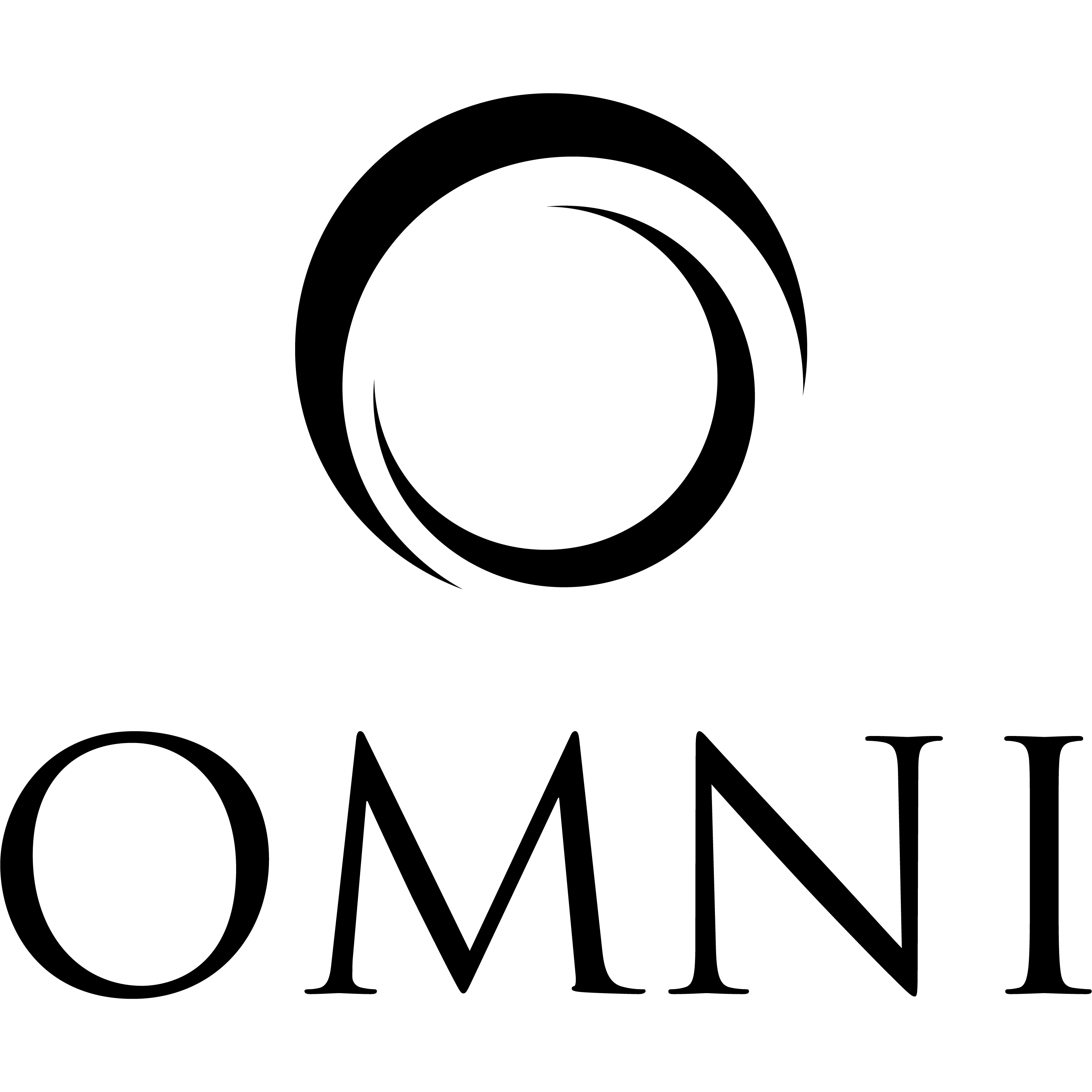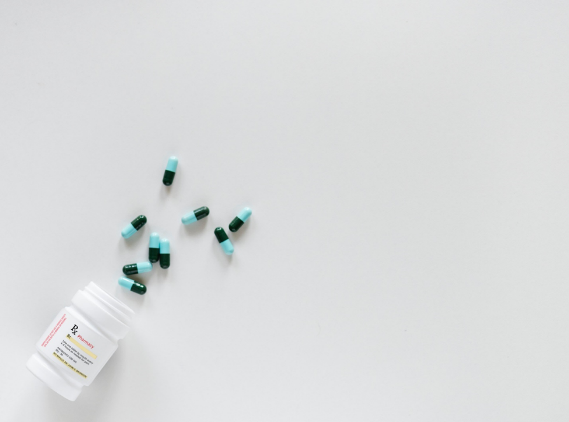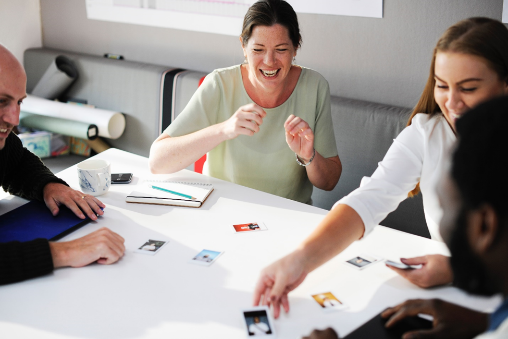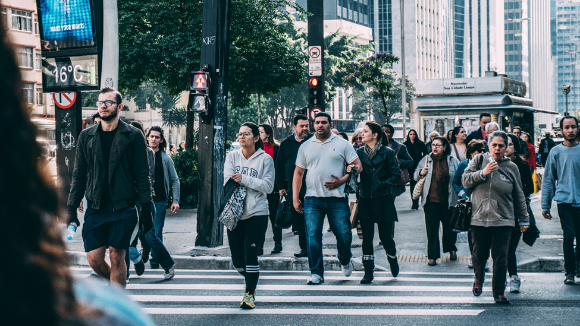Our Initiatives
The Office of Behavioral Health Wellness – OBHW is responsible for promoting behavioral health wellness through a comprehensive array of strategies proven to reduce substance use and promote mental health. Substance use and mental illness share some common risk and protective factors. As a result of reducing risk factors and increasing protective factors for substance use, not only will substance use prevalence consumption and related consequences be reduced, but prevention of mental illness may be impacted as well.
OBHW partners with the OMNI Institute to evaluate and build capacity for behavioral health wellness work.
For more information about our teams, see our About Us page.



Activate Your Wellness Campaign
“Activate Your Wellness” is a statewide media campaign that invites Virginians to learn, reflect and take steps to improve individual and community wellness. The project kicked-off through a team effort with: OBHW, OMNI, Rigaud Global Company, and the Community Services Boards. They are now on the lookout for additional partners!
Campaña de Activa tu Bienestar
“Activa tu Bienestar” es una campana de medios estatal que invita a los que viven en Virginia a aprender, reflexionar, y tomar pasos para mejorar el bienestar personal y comunitaria. El proyecto empezó por un esfuerzo de los equipos de OBHW, OMNI, Rigaud Global Company, y los CSBs. ¡Ahora están en busca para socios adicionales!
Substance Use Prevention
Through multiple strategies and initiatives, the OBHW works to lead and fund efforts in Virginia that prevent Substance Use Disorder (SUD). These efforts are founded in reducing risk factors and promoting protective factors for individuals, families, communities and the environment. Community coalitions help to mobilize communities by addressing local needs and identifying strategies based on data. Some examples of areas of focus include decreasing access to alcohol, tobacco and other drugs, heightening awareness of how adverse childhood experiences (ACEs) can lead to substance misuse, supporting families by building family resilience, and impacting local policies to ensure appropriate use.

Suicide Prevention
The State of Virginia has a suicide rate of 13.3% per 100,000 people (2019). To address this, Virginia is implementing several suicide prevention strategies for providers and the public.
Youth Tobacco Access Prevention
Tobacco causes detrimental health impacts to anyone, but it is especially impactful for youth. Although the sale of tobacco products to minors is illegal in the U.S., youth still have access. Currently the use of smokeless tobacco in youth increased from 13.2 % in 2017 to 32.7 % in 2019.


ACEs
Adverse Childhood Experiences (ACEs) are neglectful, abusive, or traumatic situations caused by one’s family or the environment during childhood. Learn more about how the Office of Behavioral Health Wellness incorporates ACE Interface across sectors in Virginia.
Behavioral Health Equity
Although mental illness and substance misuse is very common in our country, it is important to consider that not everyone has the same opportunities to access services. Virginia has identified the inequities in behavioral health services and is working to provide equitable services to all its residents.


Workforce Development
To successfully support prevention efforts, Virginia provides trainings that prepare practitioners to directly engage in prevention work. Each of these trainings earns participants credit hours towards the Certified Prevention Specialist Credential (CPS).
Mental Health Promotion
Per the code, the Department of Behavioral Health and Developmental Services administers the Mental Health First Aid Program to provide training by certified trainers of individuals residing or working in the Commonwealth on how to identify and assist individuals who have or may be developing a mental health or substance use disorder or who may be experiencing a mental health or substance use crisis.


State Opioid Response Prevention Programming
The State Opioid Response (SOR) grant is distributed by the Substance Abuse and Mental Health Services Administration (SAMHSA) to the Virginia Department of Behavioral Health and Developmental Services (DBHDS) to respond to the needs and challenges related to opioid and stimulant use. DBHDS and OMNI Institute have partnered together to support Virginia’s Community Service Boards.
Community Coalition Development
Community coalitions are at the heart of local efforts to promote wellness and prevent substance misuse. Virginia is fortunate to have more than 50 community coalitions that work collaboratively to prevent substance misuse and increase the quality of life in their communities. Find out more about our community coalition work below.


Refugee, Asylee, and Immigrant Services
Part of achieving health equity is ensuring that all communities receive necessary behavioral health services, regardless of citizenship status and language. Considering that immigrant, refugees, and asylee populations can endure high levels of stress when they arrive to the US, it is important that behavioral health providers and agencies practice cultural humility. DBHDS is working to ensure these communities are aware of their services and feel comfortable reaching out.
Problem Gambling and Gaming Prevention
New laws expanding gambling access and availability in Virginia may put more Virginians at risk of suffering consequences of problem or disordered gambling. The Responsible Gambling Promotion Program was created in 2021 to prevent any negative impacts from gambling.


Virginia SEOW
The Virginia State Epidemiological Outcomes Workgroup (SEOW) originated under a SAMHSA Partnerships for Success grant and falls under the DBHDS Office of Behavioral Health Wellness. It brings together representatives from a variety of traditional behavioral health partners and nontraditional sectors to share data and expertise. The group focus is on substance use prevention and behavioral health, health disparities, and health equity.
Virginia Young Adult Survey
The Virginia Young Adult Survey (YAS) is a survey of 18 to 25-year-olds on mental health and substance use behaviors. Topics include depression, adverse childhood experiences, substance use, problem gambling, among others. The survey is planned to be administered every two years.

